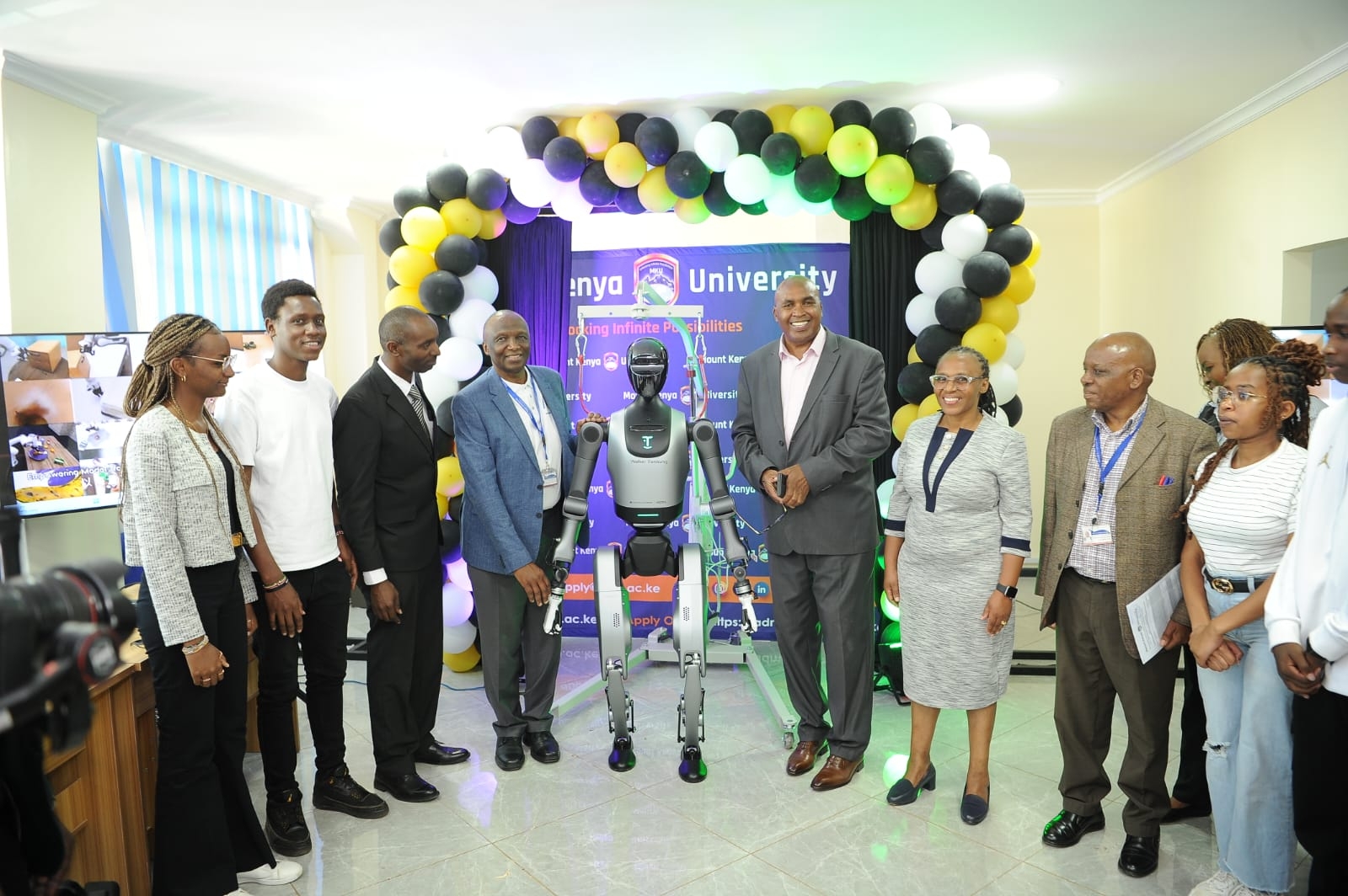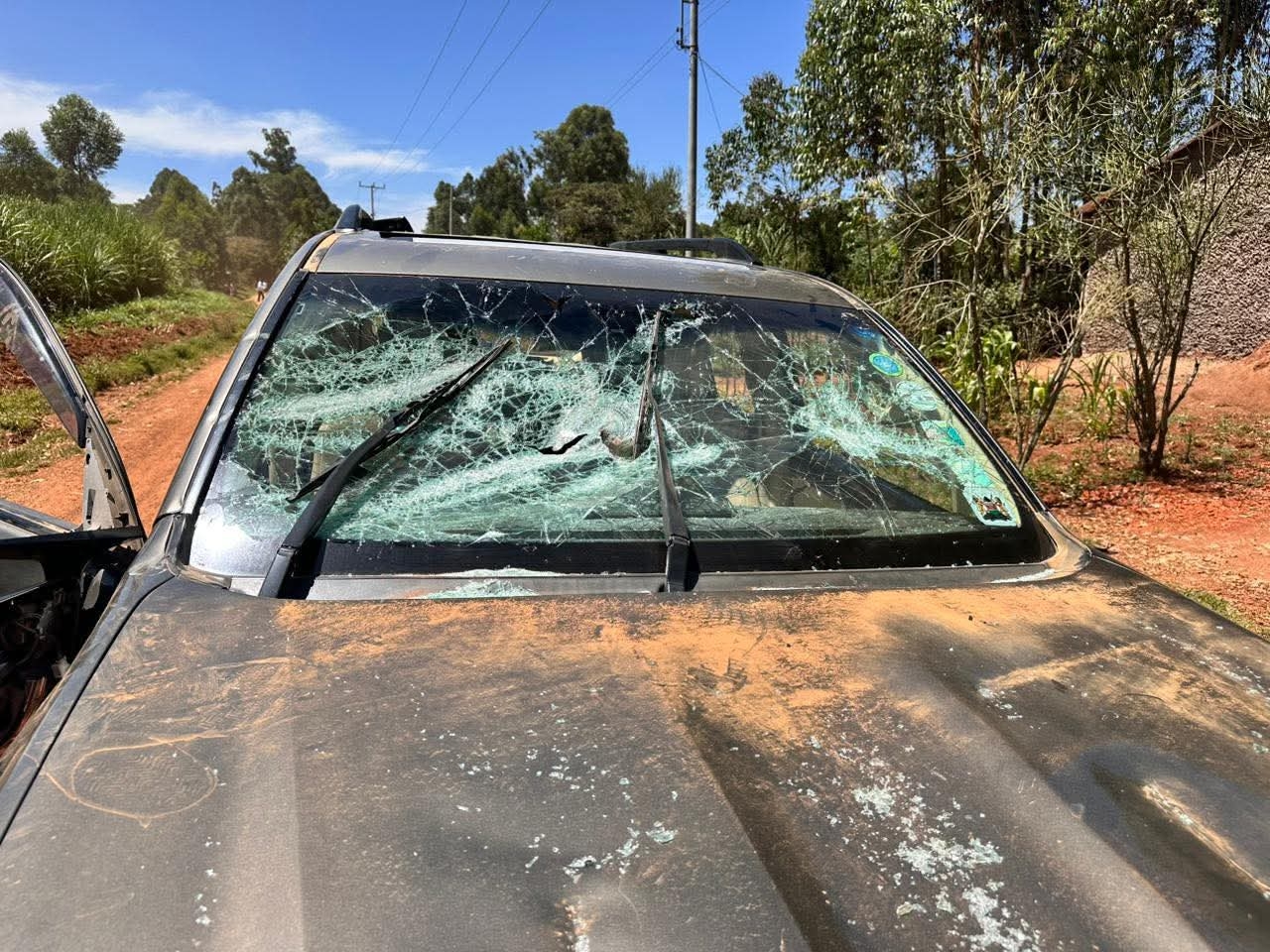Civil society organisations have exposed flaws that could potentially block implementation of the Maisha Namba card.
During a public participation meeting at Serena Hotel on Thursday the activists, religious leaders, the private sector and other interest groups cited safety of data and lack of proper public participation as some of the issues
Immigration and Citizen Services PS Julius Bitok attended the meeting.
The groups demanded to know if a Data Protection Impact Assessment had been conducted.
DPIA describes a process designed to identify risks arising out of the processing of personal data and to minimise these risks as early as possible.
They also questioned the rationale of having Identity documents expire after 10 years as well as the exorbitant costs of acquiring them.
The state rolled out Maisha Namba that has four component – Maisha Namba (lifetime number), Maisha Card (third generation smart ID), Maisha digital ID and Maisha Integrated database for all government services – in November last year.
Bitok said the government is listening to all Kenyans to improve the new system.
He said previous attempts to roll out the system did not work and the state is keen to get it right in the fifth attempt.
“We have consolidated all the lessons that we have learnt throughout the years as this thing started in 2005 and every time we try, we have issues with court and law. But this time, we want to work together to get this thing right,” Bitok said.
The PS said the state has listened to comments from all Kenyans and they will be incorporated into the regulations being amended.
He said identification documents keep changing hence regulations and rules have to be amended to reflect new realities.
Chiefs and assistant chiefs will take personal responsibility for ID in border counties and students will be registered in schools.
Bitok said countries have embraced new identification with modern technologies. He also assured Kenyans that their data is safe.
The PS said expiry of the ID is due to international requirements since the chip has a lifespan.
He said the expiry will help the state update its database.
No Kenyan will be denied services if the card expires, Bitok said.
Bitok said more than 800 public participation meetings have been done.
“On the Maisha Card, we are only doing new registrations and duplicates. We are not doing mass registration now,” he said.
The PS said there are no plans to transition everybody immediately since the move might take five years.
More than 1.6 million Maisha cards have been done so far.
“We have a capacity of 32,000 per day in terms of printing. We have about 476,000 uncollected cards,” Bitok said.
A participant at the meeting criticised the process sayin public participation cannot be done after launch of a project.
"The point of public participation is for you to incorporate the views, recommendations and concerns of citizens as you develop whatever it is that you are developing whether it is a project or a system," said the participant on condition of anonymity.
“If you have already deployed a system, how are you going to incorporate views to a system that already exists and in operation? It makes no sense. You are putting the cart before the horse.”
The source said the weak link exposes the new card to future litigation.
The participant said every single government agency that will be involved in the Maisha Namba ecosystem in whatever capacity must register with the Office of Data Protection Commissioner.
“According to the Act, it is compulsory if you are processing sensitive data that is a large scale to conduct data protection impact assessment. This is supposed to be done and submitted to the Office of Data Protection Commissioner and up on the approval of that impact assessment by the commissioner, there should be a published report, the data protection impact assessment report,” the source said.
The report informs the public of everything assessed and the existing mitigation measures or safeguards to be implemented.
The source said the country does not have the infrastructure to hold the amount of data collected by the systems.
“We will have to procure or license another system probably not here because the data centres we have could not hold information for Huduma number unless they build new facilities,” the participant said.
The source said the proposed amendment to rule 3 (1) of the Registration of Persons Act is inconsistent with section (9) of the Registrations of Person Act.
“The amendment is seeking to redefine the definition of identity card. That is a substantial change because the effect of that would mean a non-electronic card is not an identity card. That depreciates the validity of our existing ID as we know.”
The source said there is a need to amend section (9) of the Registrations of Persons Act.
“You wonder if it is hurrying or having a lacklustre attitude towards legal compliance. It is a big inconsistency,” the source said.













![[PHOTOS] Ole Ntutu’s son weds in stylish red-themed wedding](/_next/image?url=https%3A%2F%2Fcdn.radioafrica.digital%2Fimage%2F2025%2F11%2Ff0a5154e-67fd-4594-9d5d-6196bf96ed79.jpeg&w=3840&q=100)



